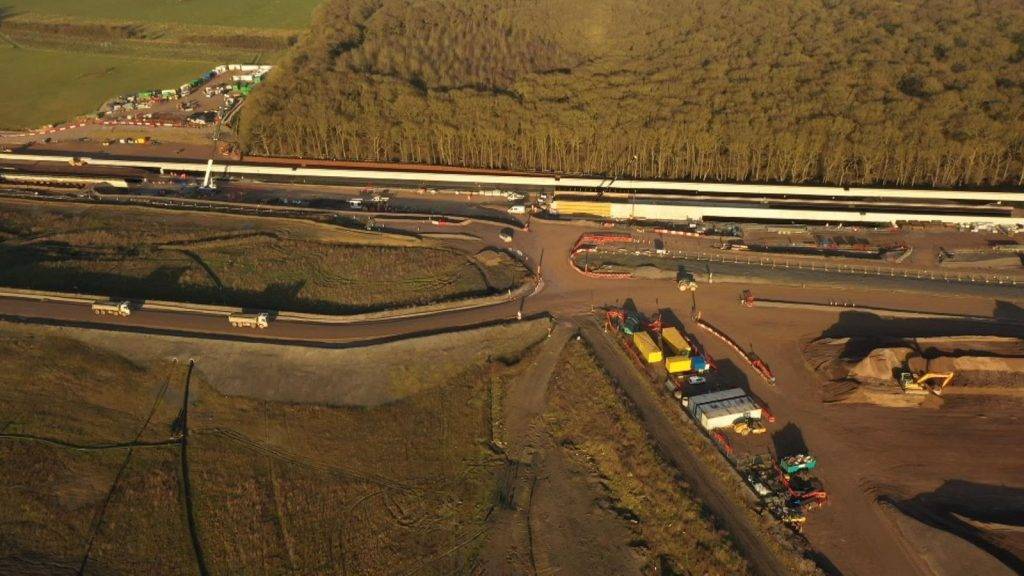Cliff Notes
- Major developers will now work with a single lead regulator for significant projects, streamlining the planning process and aiming to reduce costs.
- The government will not amend existing wildlife protection regulations but will review how they are implemented, focusing on reducing duplication and ambiguity.
- Critics remain sceptical about the reforms’ effectiveness, questioning whether the changes will significantly accelerate building rates in the UK.
Planning reforms to ‘rewire the system’ and get Britain building – all while protecting wildlife
Major developers will only deal with one regulator under planning reforms which ministers say will “rewire the system” to get Britain building – all while protecting the environment.
A review by former Labour adviser Dan Corry into Britain’s sluggish system of green regulation has concluded that existing environmental regulators should remain in place, while rejecting a “bonfire of regulations”.
But Mr Corry suggested there might be circumstances in which the government look at changing the wildlife and habit rules inherited from the EU, which protect individual species.
These lie at the centre of the controversy of a £120m bat tunnel – the shed in Aylesbury which protects a rare breed from future high speed trains.
The government has now explicitly ruled out any such change in this parliament.
Campaigners have questioned whether the changes go far enough and will make a major difference to the rate and scale of building in the UK.
Speaking to Sky News, Environment Secretary Steve Reed insisted that accepting nine of the recommendations from the Corry review would amount to wholesale reform.
The minister said: “We can get a win-win for economic growth and for nature. And that is why we are moving ahead with proposals such as appointing a lead regulator for major developments so that the developers don’t have to navigate the architecture of multiple regulators.
“They just work for a single regulator who manages all the others on their behalf. Simplify the online planning portal.
“These are huge changes that will save developers billions of pounds and speed up decisions doing damage to the environment.”
Mr Reed insisted that there would be “no more bat tunnels” built, even though the Corry review suggests that more work needs to be done to look again at the relevant guidance.
It says: “Rapidly reviewing the existing catalogue of compliance guidance, including on protecting bats, will identify opportunities to remove duplication, ambiguity or inconsistency.
“Natural England has already agreed to review and update their advice to Local Planning Authorities on bats to ensure there is clear, proportionate and accessible advice available.”
The review will mean:
• Appointing one lead regulator for every major infrastructure project, like Heathrow expansion
• A review on how nature rules are implemented – but not the rules themselves
• Insisting regulators focus more on government priorities, particularly growth
Economist and former charity leader Mr Corry, who led the review, said it shows that “simply scrapping regulations isn’t the answer”.
“Instead we need modern, streamlined regulation that is easier for everyone to use. While short-term trade-offs may be needed, these reforms will ultimately deliver a win-win for both nature and economic growth in the longer run.”
However, Sam Richards from Britain Remade, a thinktank trying to get Britain growing, said that while the steps are welcome, the number of regulators that report to the environment department would remain the same before and after the review. He questioned whether this would have the impact ministers claimed.


